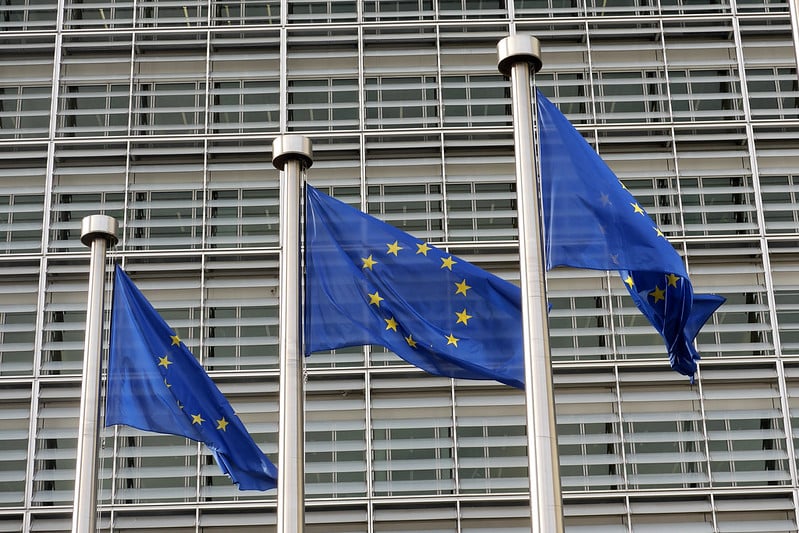The European Court of Justice has enabled the European Commission to cut billions of euros of funds to Poland and Hungary in a long-anticipated court ruling. Poland and Hungary challenged the conditionality of funding to democratic standards, as they are broadly accused of violating the bloc’s democratic values in recent years. The ruling comes amid a growing debate in Brussels on how to oppose various autocratic powers that challenge the Union, both from within and externally.
The Commission already froze coronavirus-related recovery funds worth €36 billion for Poland and €7 billion for Hungary. The ruling now establishes that conditionality may affect all aspects of the €1.8 trillion EU budget.
Dispute with Brussels set to continue
Poland and Hungary, both member states since 2004, have benefited greatly from EU funds since their accession. However, both countries have recently backslidden on a variety of civil and political rights. They increasingly enforce control over domestic judiciary and media – causing them to be labelled as ‘illiberal’ democracies.
In a reaction, Commission President Ursula von der Leyen said: “Today’s judgements confirm that we are on the right track.” Members of the European Parliament push the Commission to act swiftly, especially as Hungary will have elections on April 3. EU officials have already indicated that it might act on Hungary first.
Hungary’s ruling party Fidesz labelled it ‘’political revenge’’, meant to ‘’help the opposition’’. Polish Deputy Justice Minister Kaleta responded by saying that “Poland must defend its democracy against blackmail aimed at taking away our right to self-determination.” Both countries threaten to retaliate by blocking EU decisions that need unanimity between member states.
On its borders, EU also weighs financial measures
The ruling occurs during high tensions between the EU and Russia, as various financial sanctions are on the table to deter Russia from aggression against Ukraine. Furthermore, an internal document leaked in which EU officials draft the use of financial sanctions on Bosnian Serb leader Milorad Dodik. The leader of Republika Srpska is accused of trying to secede this region from Bosnia and Herzegovina, directly opposing the 1995 peace accord. In his latest controversial move, he effectively pulled the judiciary from the Bosnian state level to a regional parallel body. It all heightens tensions in the lead-up to the Bosnian general elections, to be held in October 2022. The proposed sanctions will be discussed in an EU Foreign Minister meeting on 21 February – Hungary will oppose the usage of sanctions.
Nevertheless, it remains to be seen whether the Commission is politically willing to impose strict financial measures on autocratic powers that thwart the Union. With the appeasement of authoritarian forces in and near the EU to achieve short-term purposes, democratic values have been set aside often. As it stands, the barrier for actors such as Orbán, Dodik, and others to implement revisionist policies remains low – especially as other geo-political actors seek influence. For the EU, stepping up financial measures is crucial in demonstrating that defying democratic values does not come without costs.
Sources:
Reuters II Euractiv I Euractiv II
Photo:



